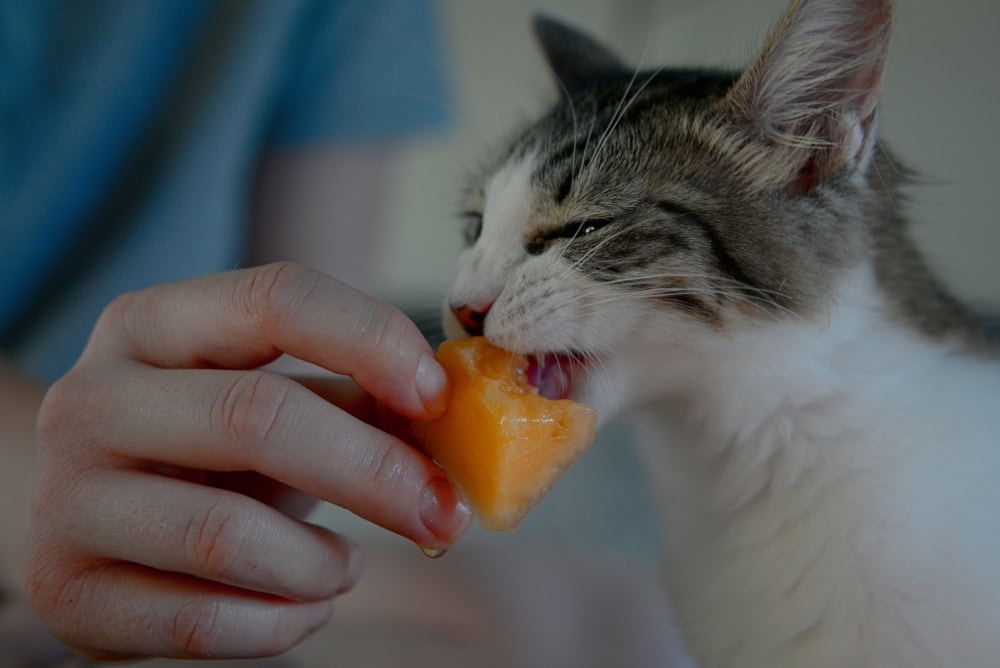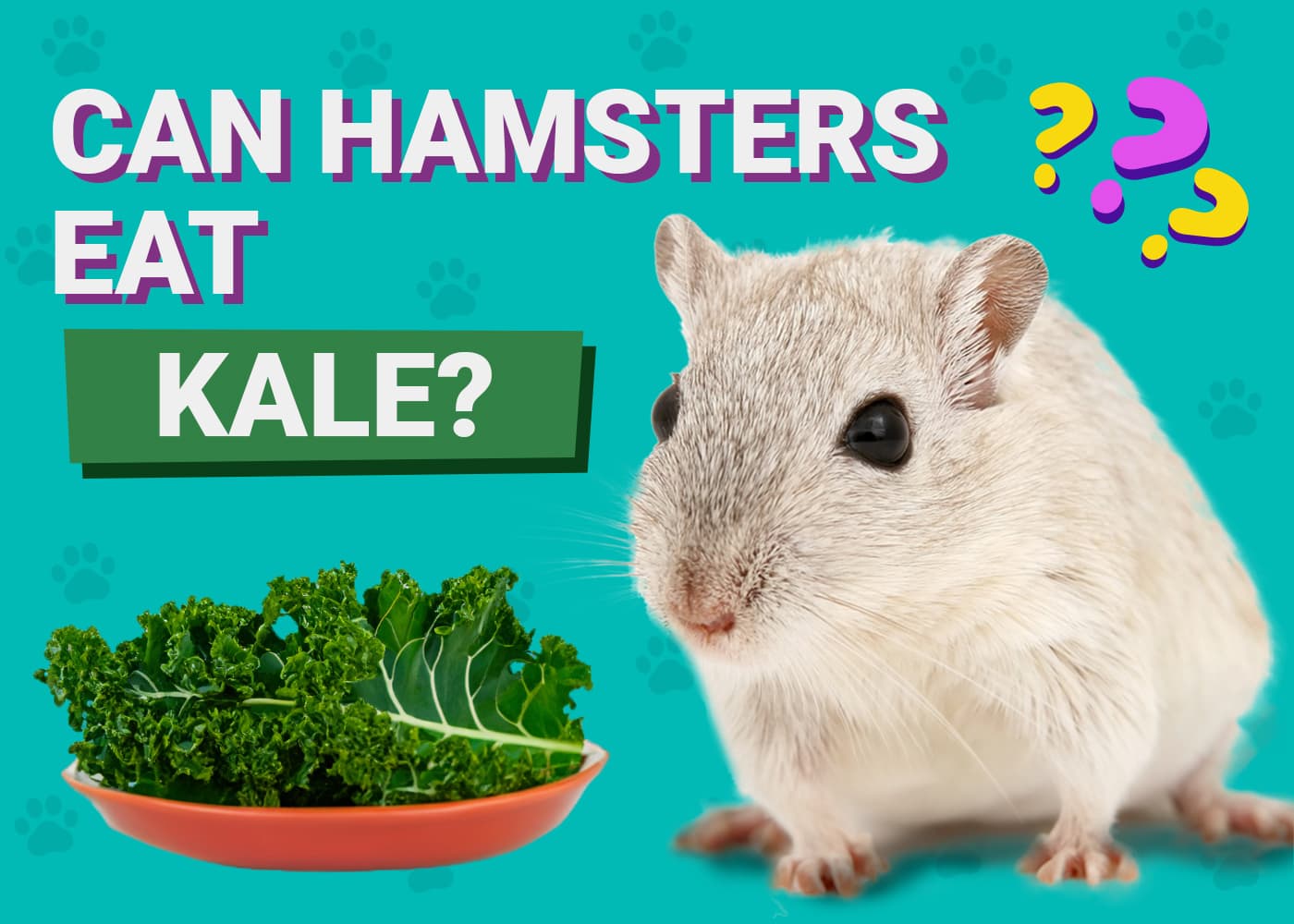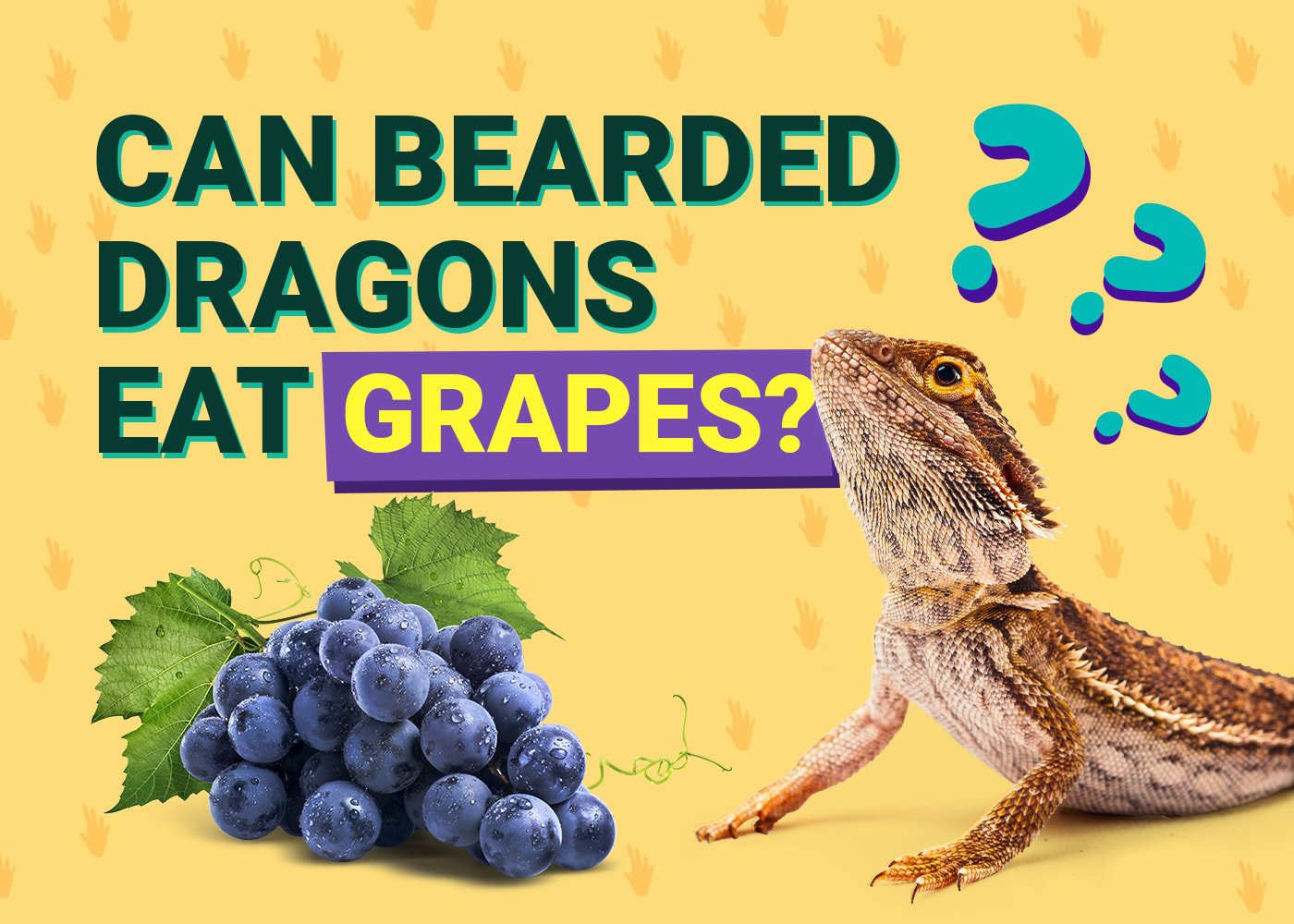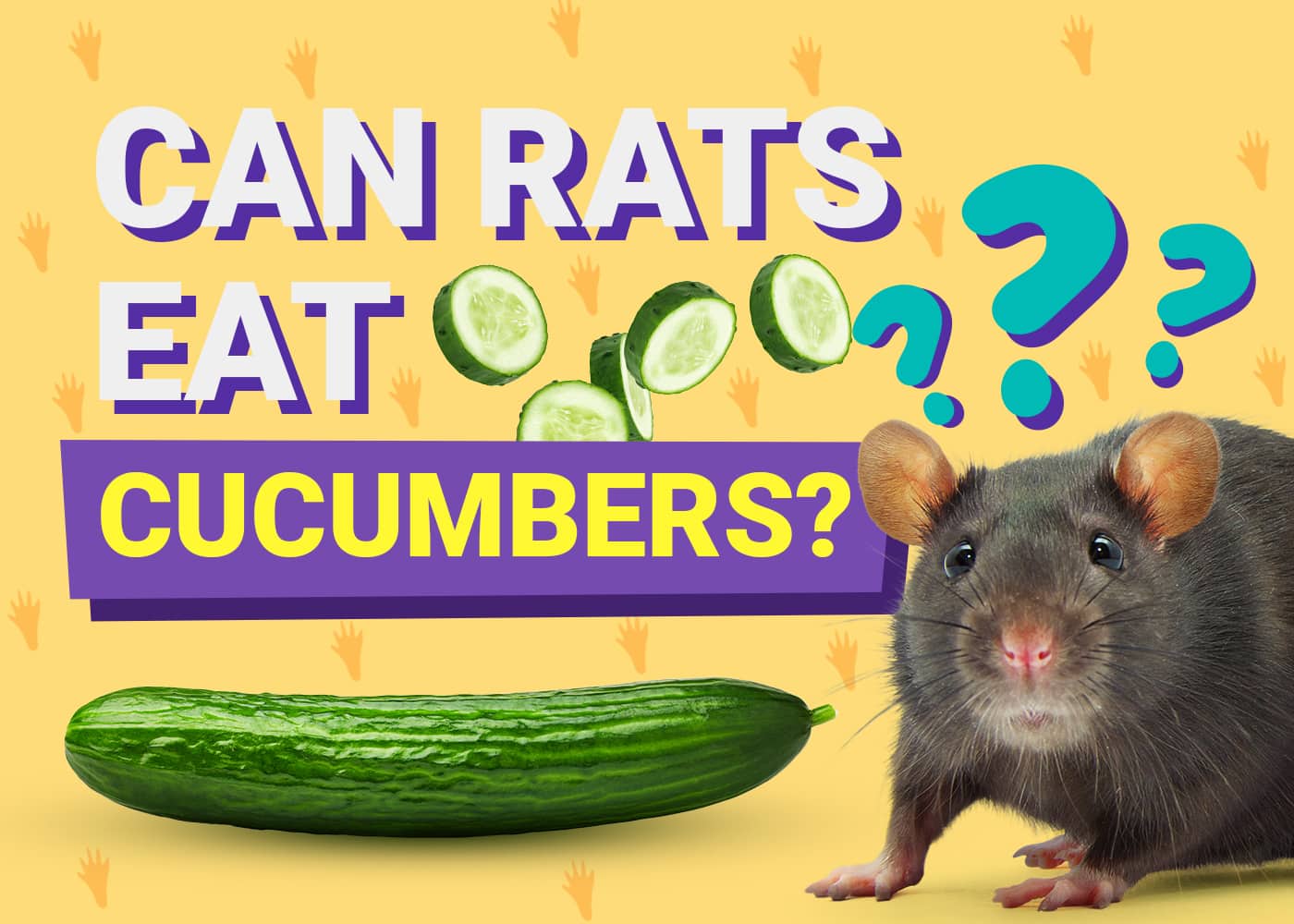VET APPROVED

The information is current and up-to-date in accordance with the latest veterinarian research.
Learn more »Click to Skip Ahead
Vitamin C is an antioxidant, which means it helps prevent oxidative damage. It’s required to make collagen and for the healthy function of the immune system. Oxidative damage is related to many health problems in people and is also becoming a topic of interest in veterinary medicine. However, most of the claims of vitamin C’s benefits in combating certain health issues in humans have proven unrewarding,1 and based on the current research findings, these anecdotes also cannot be extrapolated to cats.2
Felines produce vitamin C within their bodies, which humans cannot do. Therefore, they don’t need vitamin C in their diet. However, vitamin C supplementation is sometimes recommended by vets for sick or immunocompromised felines. Without a vet’s advice, though, supplementation may be harmful. Too much vitamin C can lead to calcium oxalate formation in the urinary tract, increasing the risk of oxalate stones, and it may even have a pro-oxidant effect, meaning it promotes cell damage. A cat rarely needs vitamin C supplementation, and your veterinary surgeon should be your first port of call if this is something you’re concerned about.
That said, the following list contains cat-safe foods that are rich in vitamin C. This information is purely for your interest, as these foods are more likely to be needed by humans who rely on vitamin C in their diet. That said, you can check with your vet to see if any of these fruits and vegetables can be suitable occasional treats for your cat.

Do Cats Need Vitamin C?
Before considering giving any kind of vitamin C supplementation to your cat, it’s crucial to consult with your vet. Felines produce their own vitamin C and rarely require extra in their diet. An excess of vitamin C may cause gastrointestinal issues or excretion through the kidneys and the urinary bladder in the form of calcium oxalate, which may predispose some cats to the formation of stones anywhere from the kidney to the urethra. This may lead to a urinary blockage, which is common in male cats and can be life-threatening.
Another downside of giving your cat fruit or vegetables is that they do not need them. Felines are obligate carnivores and thrive on an animal protein-rich diet. Carbs are not something they need, and excess carbs may lead to gastrointestinal issues or calorie excess, predisposing them to weight gain over time. These choices may be particularly unsuitable for diabetic cats or those with ongoing gastrointestinal or other health issues, so always consult your vet first.
Offering fruits or veggies to your cat is not going to provide them with significant health benefits. They can only safely consume a small amount of such treats, so the nutritional value is too small to be considered valuable. That’s okay! Your cat’s balanced and complete diet will provide them with all the micronutrients that they require to thrive.

The 6 Foods High in Vitamin C for Cats
1. Strawberries
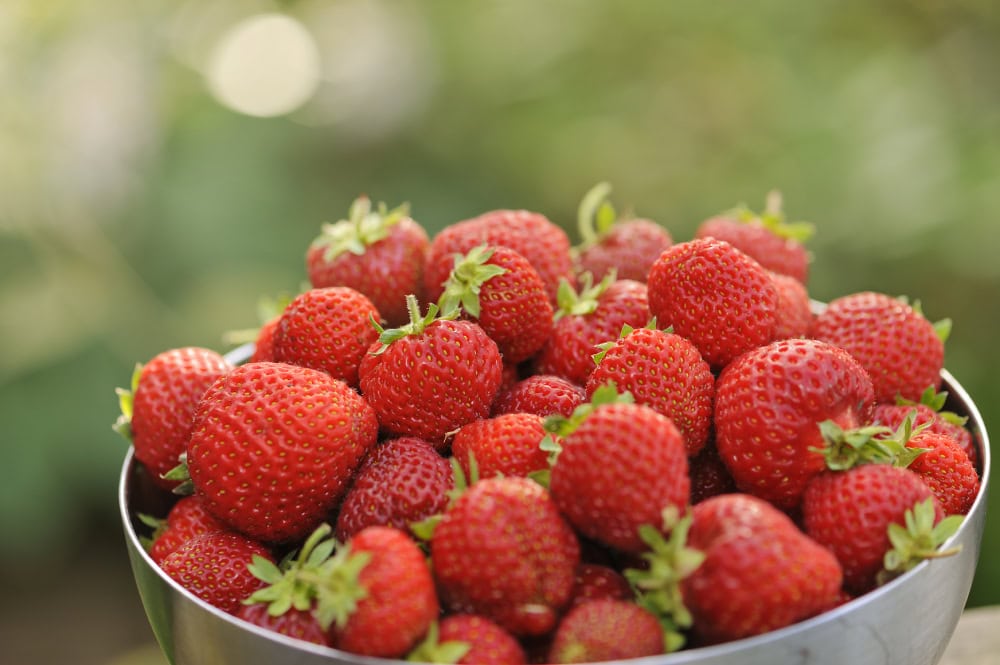
Strawberries are rich in vitamin C and safe for most cats to consume as occasional treats in moderation. They can be given fresh after being washed, in case of any pesticides, though they often need to be cut into smaller pieces, as many cats won’t chew them. Don’t be surprised if your kitty doesn’t find strawberries palatable, as they don’t taste sugar like we do. They should not be forced to eat strawberries and should instead be offered species-appropriate meat-based treats.
However, this isn’t the case for all cats. Sometimes, kitties love strawberries, making them suitable occasional treats, depending on your vet’s recommendations.
If your cat won’t eat strawberries, you can try cutting them up and putting them in your cat’s usual wet food, but don’t do this more than once a week. Don’t be tempted to give your cat any strawberry juice, as this often contains additional sugar, additives, and sometimes even artificial flavorings that are not safe for cats to consume.
2. Broccoli
It may surprise you to learn that broccoli is high in vitamin C. It’s also rich in vitamin K and fiber. Some felines prefer veggies over fruits, though this is a matter of personal preference. Either way, it should be offered in strict moderation, as excess may lead to a stomach upset.
We highly recommend cooking broccoli before giving it to your cat. Raw broccoli can be hard for cats to eat. Steaming broccoli until it is very soft is much more palatable to many cats. Just be sure not to add any spices or oils, as these can be unsafe for your feline. Keep the amount to a few bites once a week.
3. Peas
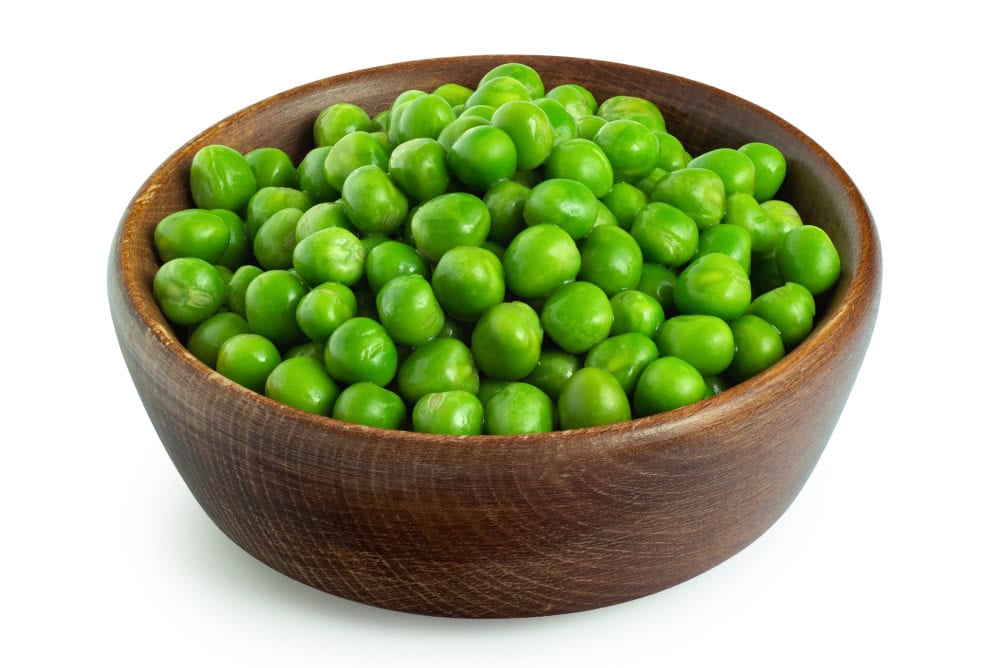
Peas are other vegetables that are high in vitamin C. We recommend steaming them just like broccoli, with no added ingredients. Peas also contain a variety of other vitamins and minerals, including fiber. They’re surprisingly high in protein too. Many cat foods contain small amounts of peas for this reason. However, only animal protein contains all the essential amino acids that felines require, which is why cats can’t be vegetarian or vegan.
4. Cantaloupe
Cantaloupe is safe for cats and high in water, making it a tasty summer treat. You can cut cantaloupe into small bite-sized pieces and feed them chilled to your cat on a hot day. Many cats like cantaloupe because it isn’t as sweet as other fruits. However, it isn’t odd for cats to refuse to eat it.
Offer it in moderation and only occasionally, not more often than once a week.
5. Spinach
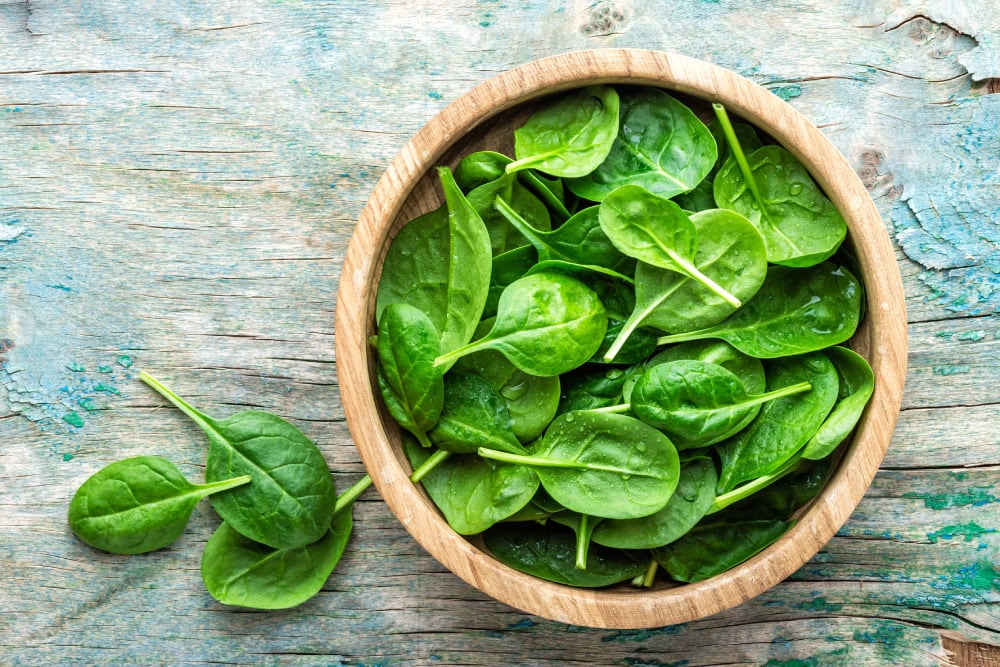
Spinach is high in several vitamins, including vitamin C. You can feed it to your feline in small amounts as an occasional treat, but it’s important to consult with a veterinarian first. Spinach is rich in calcium oxalate, which may predispose some cats to form urinary crystals and stones, particularly if they are already suffering from this health issue. Cooking will reduce the amount of oxalate, but this vegetable is still not recommended for all felines due to the risk of remaining oxalate.
Cooked spinach can be served in small amounts in the cat’s usual food. Again, this should be no more than once every 1 to 2 weeks and only if your vet has ascertained its safety for your cat. Cook spinach without other ingredients before offering it to your feline. Many of the seasonings and oils that you might normally add to spinach are harmful or even toxic to felines.
6. Blueberries
Blueberries contain fiber and vitamin C. Some cats may be more likely to consume blueberries than other fruits. If your cat doesn’t like cantaloupe or strawberries, you might want to give blueberries a try. They’re even used in several commercial cat foods.
These berries can be fed to your cat completely raw after being washed. You can offer them in small amounts as occasional snacks.

Conclusion
There are certain veggies and fruits that you can give your cat as treats in moderation, though you shouldn’t do so to increase their vitamin C intake unless recommended by your vet. Felines produce their own vitamin C, and supplementation is unnecessary in most cases unless directed by a vet.
Many of the listed foods aren’t necessarily cats’ favorites and are not appropriate as part of their regular diet. Instead, they can be offered as occasional treats. Cats don’t have a dietary requirement for fruit or veggies, as they are obligate carnivores and do not need them in their meals. Their diet is based on animal protein sources, with moderate amounts of fat and low levels of carbs.
- The A-B-C’s of Vitamin C
- Use of ascorbic acid and other antioxidants in the dog and cat
- Effect of vitamin C supplements on antioxidant defense and stress proteins in human lymphocytes and skeletal muscle
- Effect of different cooking methods on vegetable oxalate content
- Regulation of Oxalate Metabolism in Spinach Revealed by RNA-Seq-Based Transcriptomic Analysis – PMC
Featured Image Credit: K Bak, Shutterstock
